Indian Support Centres to help people caught in hardships
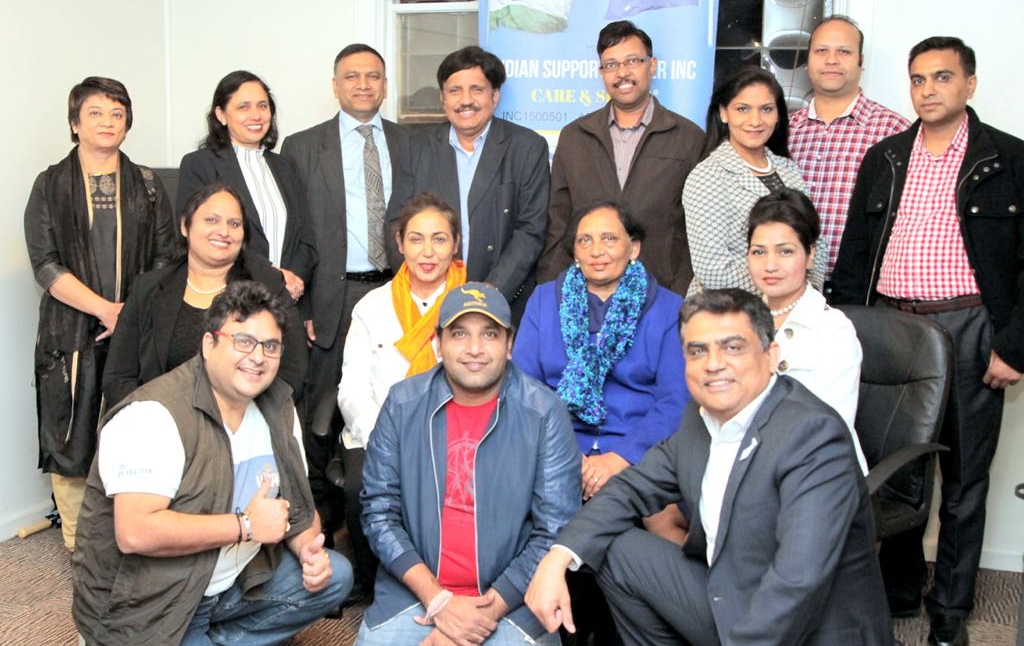
By Neena Badhwar
The stand out Indian community is bespoke as a success story among migrants in Australia, a cause célèbre for politicians on stage in admiration of multiculturalism.
The underlying reason for the community being held in such high esteem is that Australia initially restricted immigration from the subcontinent only for professionals such as doctors, engineers and teachers. Able to speak the language and holding good positions at work, they were able to assimilate easily in the Australian society.
In the late 80’s and 90’s, the family reunion programme allowed a slight remix of the community and complemented to make inroads for Indian businesses. With increase in numbers there grew needs for religious establishments and community associations.
While many of the community associations then were mainly for good times and indulging their leaders in name and fame, most are in backwaters now (also due to Covid restrictions).
There were, however, some genuine people who understood that it was not all hunky-dory with the community and saw a dire need for help centres for the specific needs of the community, some among them, domestic violence, legal aid, Indian students and elderly members of our society.
The Indian Support Centre (ISC) is one such help centre that came into being in 2015. The brainchild of Subba Rao and Saryu Varigonda, its main objective is to support Indian community members in their time of need.
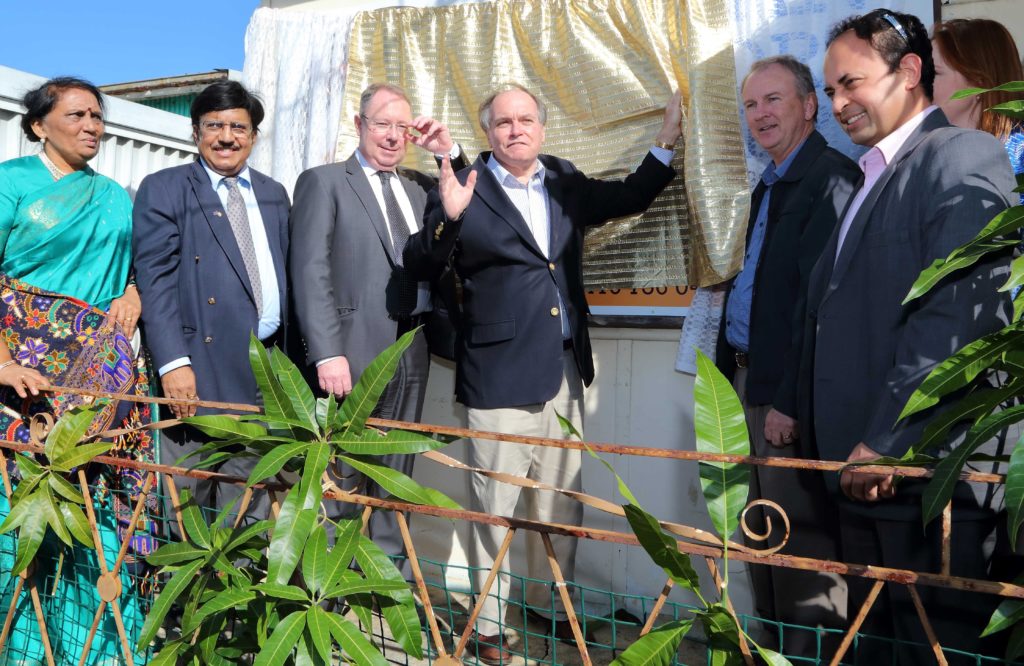
The idea has been there with all of us in the community, always wondering how to help people who get caught in difficult circumstances such as sickness, death, loss of job, women suffering in domestic violence, international students being exploited by their employers.
During Covid-19 pandemic, international students were among the hardest hit in the community since they lost their jobs and the educational institutions shut their doors. While looking after Australian citizens became the priority of the Government, international students were told point blank to go back home and only come back when the situation normalised.
Yet, many had put all their eggs in the Australian basket waiting for their visas as they were not sure, if the process would be affected if they left the country.
Help came from the Indian Support Centre, not with the visa process, but to survive as such. The centre distributed grocery parcels to students who had lost jobs and were practically thrown out on the street, unable to pay even rent. Some of them got a rare monetary help, too.
I remember, Subba Rao carrying a van full of Maggie Noodle boxes that he had been able to get for the students studying at the Wollongong university. We – me and my husband, Dr Vijay and Sneh Gupta – helped Subba unload the boxes in a garage for later distribution.

Varigonda home is open to girls who are caught in marital problems, Saryu not only opening her home but also her heart and offering a listening ear to the problems faced by the women. After a lot of mediation talks and support they have been to help many women to go back to their homes with both parties – the boy’s and the girl’s – to agree to terms so that the problems and issues do not occur in the future.
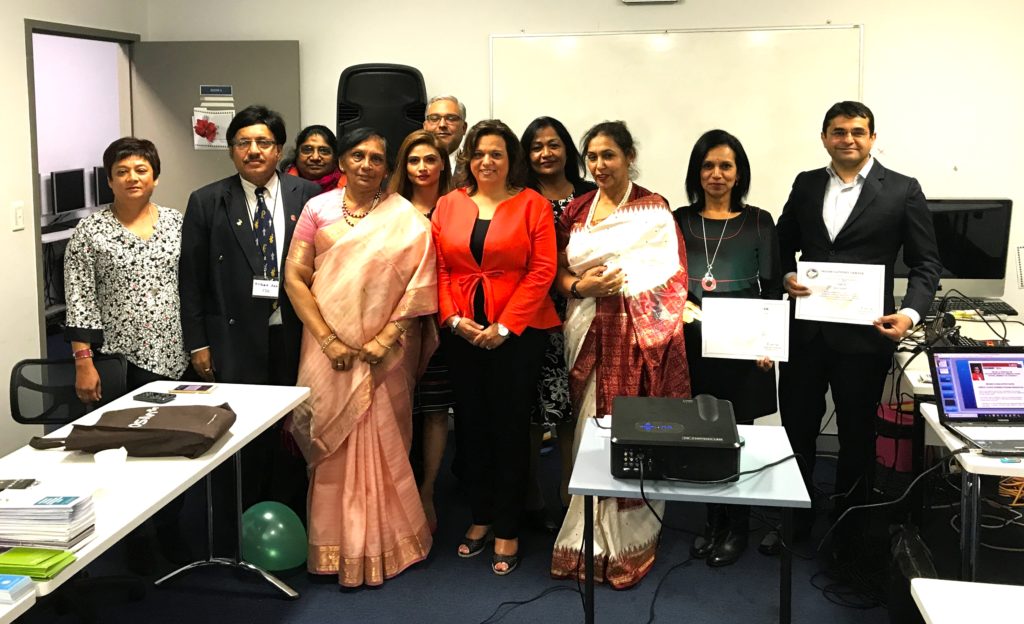
The Indian Support Centre has come a long way since 2015. Now, there is a dedicated team of six volunteers and a manager who are there to help people who are in any problem: financial, job, marital, sickness, or others. Both, Saryu and Subba Rao, have formed a family of sorts as they spend a lot of time together along with the team each day, including Saturdays, being at the place and going through cases and discussing how to find a solution.
They have handled more than 2,000 call centre tickets that have been generated regarding a multitude of queries from job seekers, seniors’ education, family support and for other emergencies. The Varigondas act as parental figures for people who come calling, or, shall we say knocking at ISC door, dealing in a delicate, yet, in empathetic manner.
In the past, Subba Rao had twice been the United Indian Associations (UIA) president, for which, he says, he was part of the lead team in the early nineties to institute the association as an umbrella organisation of the other community organisations in Australia.
Subba Rao feels sad about the present state of UIA. He says, “It is a pity that UIA, in the last few decades, despite it getting huge grants from the state government, did not manage its finances well. Hence, the ‘umbrella’ of close to twenty Indian member associations is struggling and is now only there for namesake.”
So started the Indian Support Centre which Subba promises will be big as the community grows. He says, “We have to take charge and only we can help our people. I can visualize Indian Support Centre, rather, which I would like to name ‘International Support Centre’ to be helping not just the Indian migrants but members of the other multicultural communities as well where I see similar problems to do with settlement in this country.
“People come with great hopes but to settle, find a job, set up a home, services that the newly arrived people do not know how to access, our volunteers are trained to help and guide people,” he says.
The NSW Minister for Corrections, Dr Geoff Lee, praised the work of Indian Support Centre in the Parliament on February 24: “Fifty cases of domestic violence, assisting hundreds of job seekers in the community, providing digital education to 450 seniors, delivering free groceries to more than 400 financial victims of Covid and disseminating Covid-19 information to more than 200,000 people through social media, radio broadcasts, Youtube and live streaming programs.”
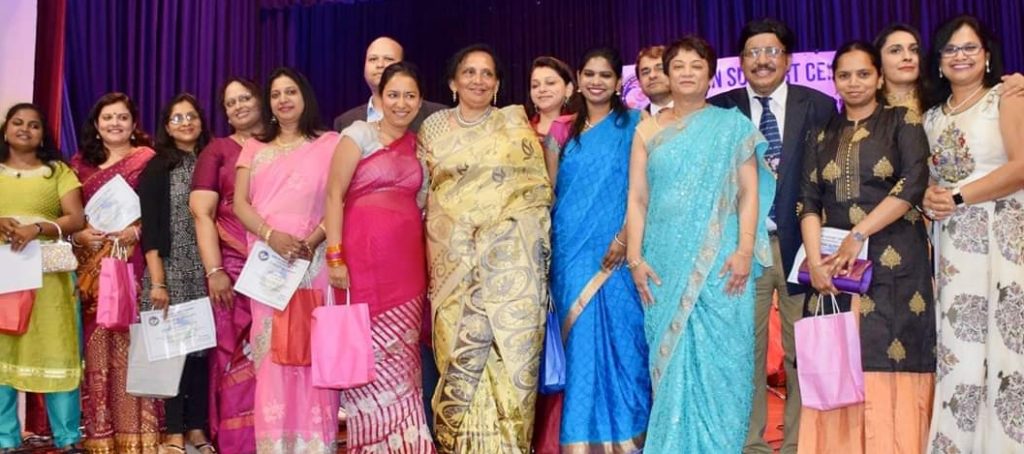
The Minister especially acknowledged Subba Rao’s work: “The Indian Support Centre is testimony to the work done by Centre’s team of selfless volunteers. It is great to see how they have dedicated their time and energy to the community.”
In an event held on March 19, the Indian Support Centre felicitated community workers who had selflessly helped the centre grow since it was formed.
Subba Rao says that the Centre now has a qualified notary to notorize important documents every Saturday in the afternoons from 3.30 to 6.30pm.
“We are also looking into NDI’s at the moment. We have been able to help a family with a young daughter with disability. It is a growing area and people do not know the various steps that they ought to take to be eligible. We, at the Support Centre, help them with right advice,” Subba says.
The Support Centre is also considering to establish many such support centres in different shires to reach people who are in need of help and seek such support specific to the community, he says.
One has to visit the centre to see how busy they become every day.
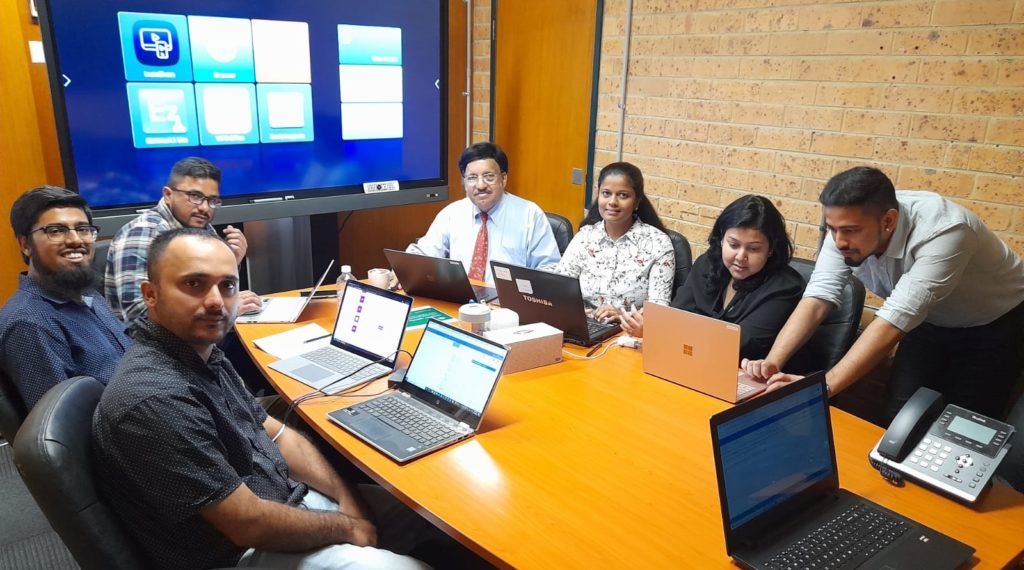
The Indian Support Centre operates from 2 Lane Street, Wentworthville, NSW, 2145 (Mondays to Fridays: 9.30am to 3.30pm and Saturdays: 3.30 – 6.30pm).
Short URL: https://indiandownunder.com.au/?p=17690
